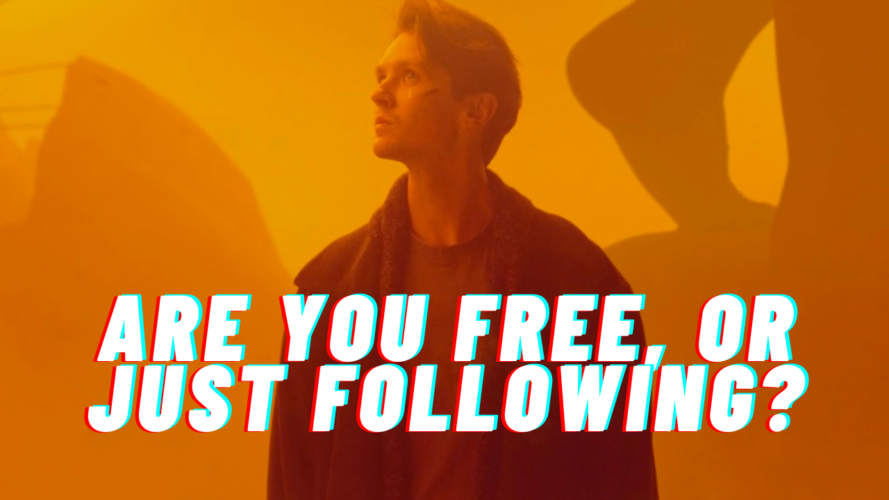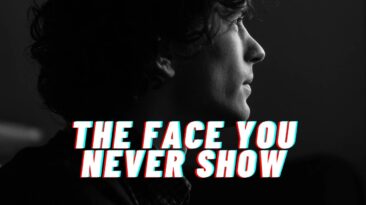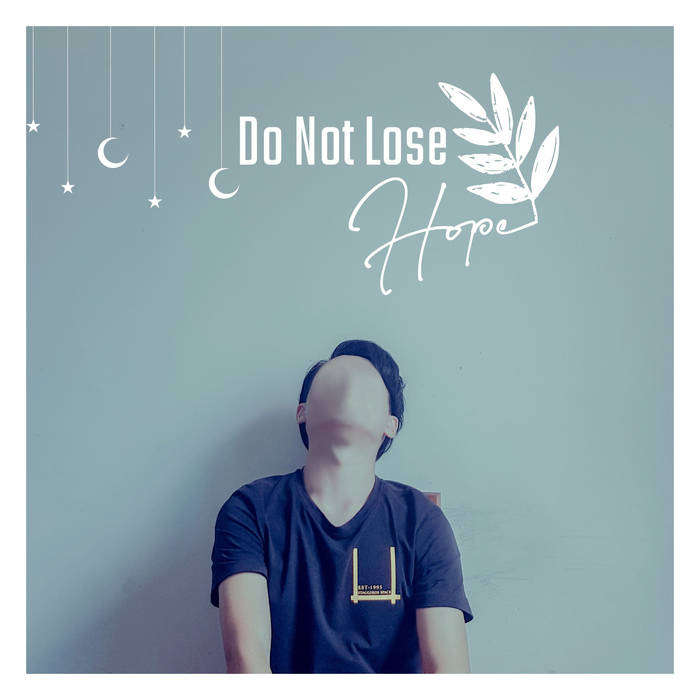Imagine waking up every morning, going to work, coming home, and repeating the cycle — never questioning why. Now, imagine dedicating your entire life to a belief system without ever asking if it’s true. According to Simone de Beauvoir, these are two ways people unknowingly surrender their freedom. But what does that really mean?
Not too long ago, I watched a talk on philosophy. Something the educator said has been lingering in my mind for weeks, and I felt it was only right to explore it further. The speaker was discussing Simone de Beauvoir’s work on the ethics of freedom.
According to her, there are two types of people in the world: the sub-human and the serious man.
At first, I assumed the serious man referred to someone who rigidly follows rules and regulations, while the sub-human described someone who blindly submits to authority in any given situation. But as I explored her ideas further, I realised there was much more to it.
Are You Sub-Human?
Historically, the term sub-human has been used to justify superiority over certain groups of people, leading to wars and oppression. However, in Beauvoir’s context, it refers to something different — the way individuals relate to their existence.
A sub-human is someone who drifts through life passively. They do not engage with the world in a meaningful way. They avoid thinking critically because thinking is difficult — it forces them to confront uncomfortable truths. They exist in routine, without ever questioning why.
They often dismiss science and reality under the guise of “freedom to believe in what you want,” gravitating toward conspiracy theories or unquestioned beliefs. They do not challenge themselves. They do not take responsibility for their actions. And while they may not be actively oppressive, they are complicit in allowing oppression to continue.
This, I understand. Beauvoir is right — the sub-human is someone who surrenders their freedom by refusing to think for themselves.
But what about the serious man?
Are You a Serious Man?
According to Beauvoir, the serious man is someone who abandons their freedom by submitting to external values, ideologies, and absolute truths.
At first, this seemed reasonable. After all, history is full of examples of people blindly following religions, political movements, or nationalistic ideals, leading to oppression in the name of a cause.
But then I paused.
There was something about this definition that didn’t sit right with me.
While I agree that blindly following an ideology can be dangerous, Beauvoir’s argument assumes that absolute truths are inherently restrictive. She suggests that believing in objective reality leads to oppression.
But is that really the case?
The Nature of Meaning and Truth
Beauvoir’s entire argument rests on the existentialist belief that meaning is not pre-given — that we must create it for ourselves. But this only makes sense if meaning is purely subjective.
What if meaning already exists?
If absolute truth is real, then meaning is not something we invent — it is something we discover. Truth does not restrict freedom; rather, it provides a foundation for understanding the world.
For example:
- Either astronauts landed on the moon, or they didn’t. It’s not a matter of personal belief — one of these realities is true.
- If God is real, then only one religion can be true. That is not an opinion; it is a statement about objective reality.
This is where I believe Beauvoir’s critique of the serious man falls apart. She assumes that believing in an external truth automatically means surrendering freedom. But is it truly a loss of freedom to seek and follow what is real?
Religion and the Serious Man
Beauvoir groups religion with other ideological structures, suggesting that religious belief is just another form of blind submission. In many cases, I see why — history is full of examples of people following religion without questioning it.
But not all religious people fit into this category.
Some engage deeply with their faith, questioning, studying, and seeking understanding rather than passive acceptance. They do not surrender their freedom; they exercise it by actively pursuing truth.
This is where I believe Beauvoir oversimplifies her argument. She assumes all religious belief leads to dogmatism, when in reality, religion can be as intellectually rigorous as philosophy itself.
If someone follows religion blindly, without question, then yes — they fit her definition of the serious man. But if someone seeks knowledge and understanding, they do not.
Final Thought
Beauvoir’s philosophy is compelling only if one assumes that meaning does not exist before we create it. But if meaning and absolute truth are real, then her definition of the serious man collapses.
Her critique is valid for those who follow blindly. But for those who seek truth with knowledge and understanding, her argument does not apply.
So, I return to the original question:
Are you living, or just existing?
If freedom is about actively engaging with life — seeking, questioning, and pursuing what is real — then true freedom is not the absence of belief. It is the presence of understanding.
Books I Recommend
If you enjoyed this content, here are some books I highly recommend for deeper insights. As an Amazon Associate, I earn from qualifying purchases. This comes at no extra cost to you and helps support my work in providing quality recommendations. Links lead to the audiobook versions, but other formats are available on the same page.
















